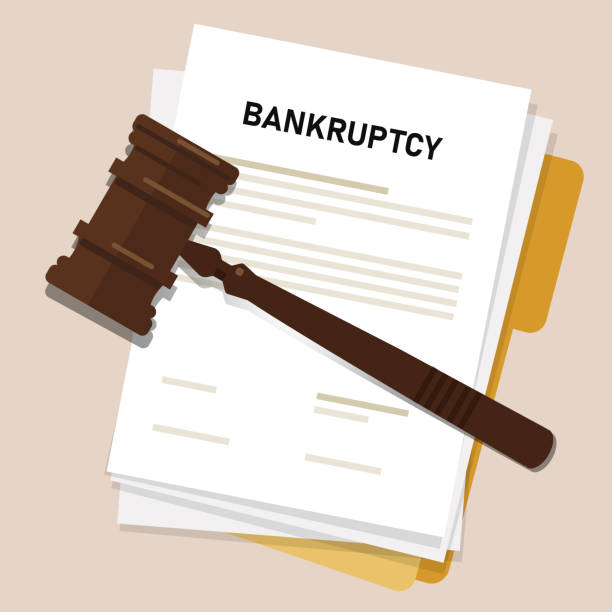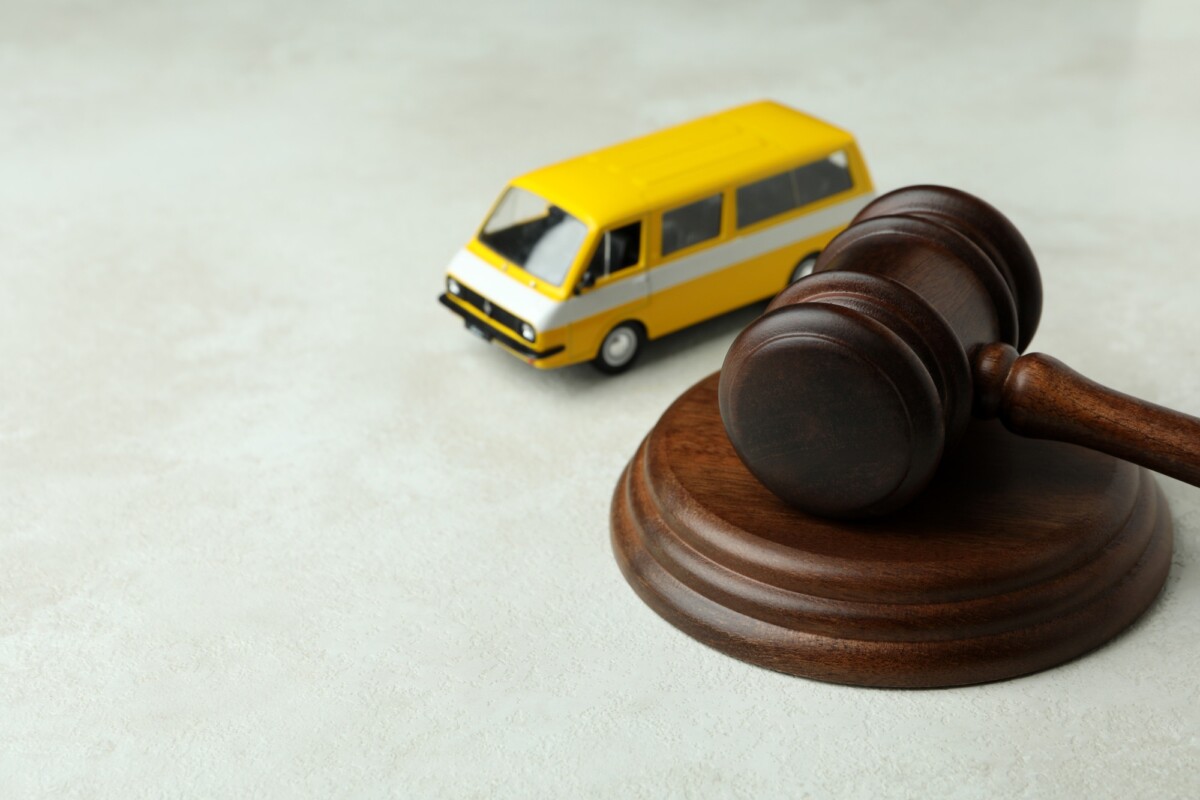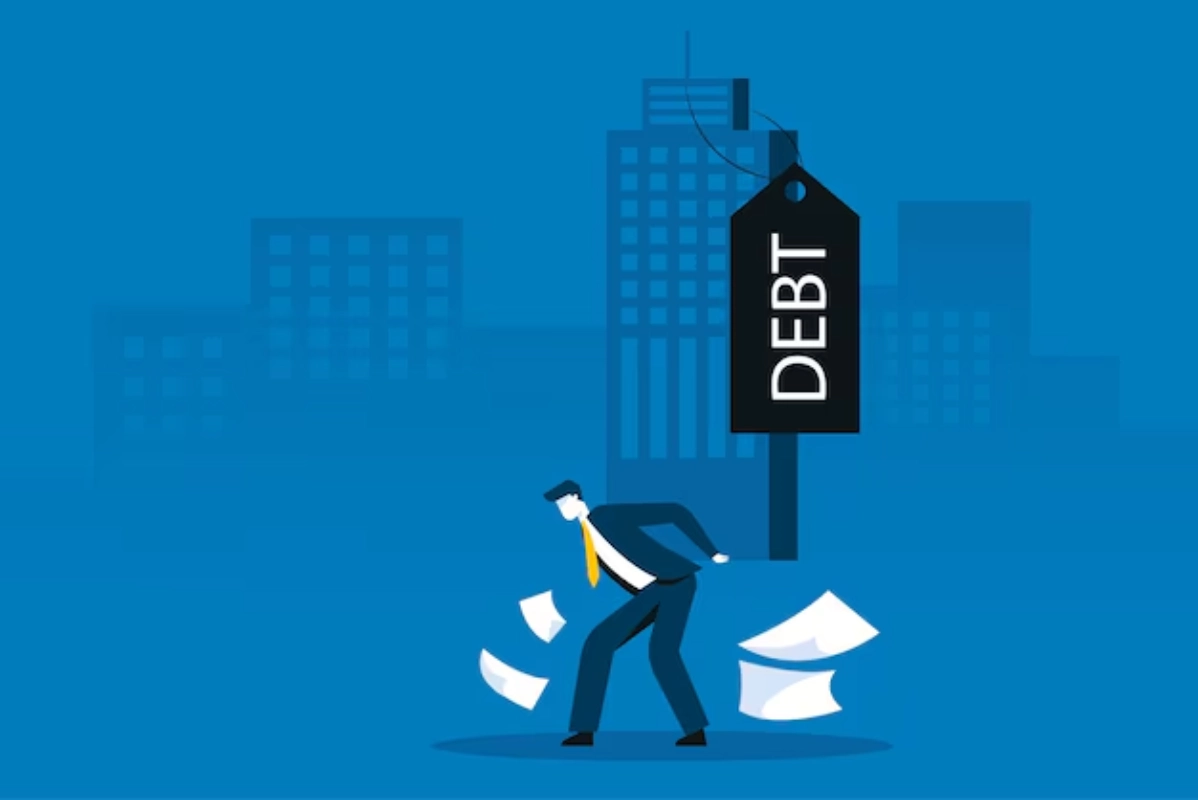How to File for Bankruptcy in PA Without a Lawyer?

A Comprehensive Guide to Filing Bankruptcy in Pennsylvania Without a Lawyer
Filing for bankruptcy in Pennsylvania can be a challenging yet crucial step toward financial recovery. Whether you are considering Chapter 7 or Chapter 13 bankruptcy, taking charge of the process without legal representation is possible with careful planning and attention to detail. This guide will walk you through the essentials of filing for bankruptcy in PA without a lawyer while ensuring compliance with legal requirements. For more legal insights, visit Legal Case Review.

Key Considerations Before Filing for Bankruptcy
Before starting the bankruptcy process, it’s crucial to thoroughly evaluate your financial situation. Bankruptcy is a serious step that can have long-lasting impacts, so understanding your circumstances and considering your options will help you make an informed decision.
- Assess Your Debts: Start by analyzing whether your debts are manageable. Are they too large to pay off in a reasonable time, or are you facing financial challenges that make repayment impossible? Understanding your debt load is the first step in determining whether bankruptcy is necessary.
- Explore Alternatives: Bankruptcy should not always be the first option. If your debts are significant but not insurmountable, consider negotiating with creditors for reduced payments or interest rates, or explore options like credit counseling and debt management plans. These alternatives may help you avoid the need for bankruptcy.
- Understand Debt Types: Bankruptcy can discharge many types of unsecured debts, such as credit card bills and medical expenses. However, certain debts are not eligible for discharge through bankruptcy, including student loans, child support, and some tax obligations. Understanding which debts can and cannot be eliminated is essential when considering bankruptcy.
- Impact on Credit: Bankruptcy has a long-term impact on your credit score. It will remain on your credit report for up to ten years and can make it more difficult to obtain loans or credit in the future. Weighing the pros and cons of bankruptcy and considering its effects on your financial future is critical. It may be beneficial to consult with a financial advisor to assess whether bankruptcy aligns with your long-term financial goals.
Preparing Financial Documents
One of the most important steps in the bankruptcy process is organizing and gathering your financial documents. These documents give the bankruptcy court a clear picture of your financial standing and ensure that your filing is accurate and complete.
You will need to gather:
- Recent pay stubs or proof of income: This helps the court determine your financial situation.
- Bank statements from the past three to six months: These provide insight into your spending and savings habits.
- Tax returns for the last two years: The court requires proof of your income and expenses, which tax returns can provide.
- A detailed list of debts: Make sure to include all credit cards, loans, medical bills, and other obligations.
- Documentation of assets: This includes property deeds, vehicle titles, and any other documents proving ownership of valuable assets.
Having all necessary documents organized will not only help streamline the filing process but also minimize the risk of errors. If you have trouble obtaining any documents, you can often reach out to local bankruptcy resources or support groups for guidance.

Step-by-Step Guide to Filing Without Legal Representation
Filing for bankruptcy in Pennsylvania without a lawyer requires patience and precision. Follow these steps to ensure a smooth process:
1. Determine the Appropriate Bankruptcy Type:
- Chapter 7 is ideal for individuals with limited income, allowing for the discharge of most debts.
- Chapter 13 is suited for those with regular income who can repay some debts over three to five years.
2. Complete Credit Counseling:
- Enroll in a mandatory credit counseling course from an approved provider. This step must be completed within six months before filing.
3. Gather Required Documents:
- Compile all necessary financial records, including income, expenses, debts, and assets.
4. Fill Out Bankruptcy Forms:
- Access the official forms on the United States Courts website or the Pennsylvania bankruptcy court website. Ensure accuracy and completeness to avoid delays.
5. File Your Petition:
- Submit your completed forms to the appropriate bankruptcy court in Pennsylvania. Pay the filing fee or request a waiver if eligible.
6. Attend the Meeting of Creditors:
- After filing, you’ll receive a case number and a scheduled meeting with creditors. Be prepared to answer questions about your financial situation honestly.
For additional resources on bankruptcy laws, visit the U.S. Courts website.
Tips for Accurate Form Completion
Filling out bankruptcy forms can be complicated, and inaccuracies can lead to delays or problems down the line. Here are a few tips to ensure that your forms are completed correctly:
- Double-check all calculations: Simple math errors can cause problems, so make sure all figures are accurate.
- Be clear and concise: When providing information, use straightforward language and avoid ambiguity.
- Follow the instructions: Each form comes with detailed instructions. Read these carefully to ensure you’re completing everything correctly.
- Review and verify: After filling out the forms, go over them several times to ensure everything is correct. Consider asking a trusted friend or family member to review them as well.
If you find any part of the forms confusing, consider reaching out to local bankruptcy assistance programs or reputable online resources.
What Happens After Filing?
Once your bankruptcy petition is filed, several important events will occur:
- Automatic Stay: An automatic stay goes into effect immediately, stopping most creditors from taking further action against you. This means that collection calls, wage garnishments, and lawsuits will be halted.
- Notice from the Court: You will receive a notice detailing your case number and the date of your creditors’ meeting (341 meetings).
- Meeting with Creditors: At this meeting, you will answer questions from the bankruptcy trustee and creditors regarding your financial situation.
- Discharge of Debts: If all goes smoothly, the court will issue a discharge order for eligible debts within a few months after the meeting. However, certain debts like student loans or specific tax obligations are typically not dischargeable.
Common Mistakes to Avoid
When filing for bankruptcy without legal assistance, avoiding common pitfalls is crucial. Here are some mistakes to steer clear of:
- Incomplete Forms: Failing to fill out all required sections can lead to delays or dismissal.
- Omitting Information: Transparency is essential; failing to disclose all assets and debts can have severe consequences.
- Missing Hearings: Attendance at all required hearings is mandatory. Missing a court date can jeopardize your case.
By staying organized and proactive, you can navigate the bankruptcy process effectively.
FAQ
1. Can I file for bankruptcy without a lawyer in Pennsylvania?
Yes, it’s possible to file for bankruptcy without legal representation by following the correct procedures and ensuring accurate documentation.
2. What types of bankruptcy are available for individuals in Pennsylvania?
Individuals can choose between Chapter 7 and Chapter 13 bankruptcy, depending on their financial situation.
3. How long does bankruptcy remain on my credit report?
Bankruptcy can stay on your credit report for up to ten years, impacting your credit score during that period.
4. Are there debts that cannot be discharged through bankruptcy?
Certain obligations, such as student loans, child support, and specific tax debts, are typically not dischargeable.
5. What is the purpose of the 341 meeting?
The 341 meeting allows creditors and the bankruptcy trustee to ask questions about your financial situation to ensure transparency and compliance.


